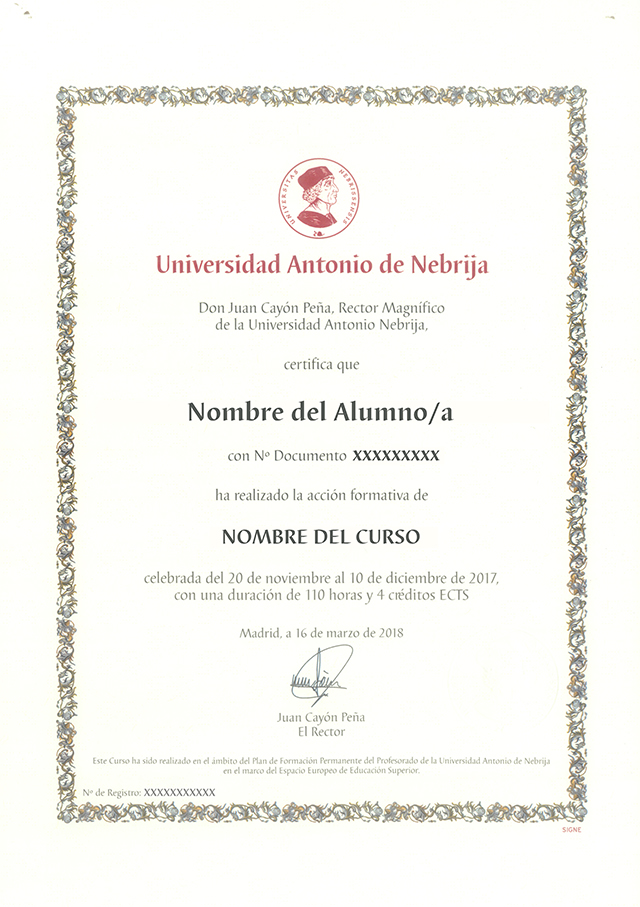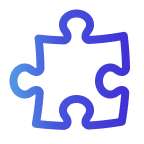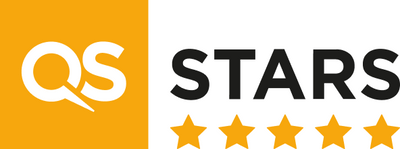CHILD EDUCATION COURSE CAZING AND APEGE Neuropsychology: University Degree in Early Childhood Education and APPARTMENT WITH AVENGE + NEUROPSYCHOLOGY OF EDUCATION (Double degree + 10 ECTS credits)

Request information


Syllabus
Download syllabus in PDFCurriculum
Summary
In the field of early childhood education, it is necessary to know the aging style with attachment, in addition to how this type of education influences (cognitive, emotional, social, etc.) of child development. Thus, with the present course of university certification in early childhood education and parenting with attachment + neuropsychology of education (double degree + 10 ECTS credits) it is intended to provide the necessary knowledge about early education and parenting with attachment. The Spanish education system has not yet realized that neuroscience advances by leaps and bounds and is being done for trying to adjust children's teachings to new knowledge of neuropsychology. Neuropsychology represents the strongest scientific foundation on which pedagogical and didactic theories should be built at the present time. Thanks to this University Certification Course in Early Childhood Education and Arenity with Administration + Neuropsychology of Education, you will know everything about both concepts.
Goals
Professional opportunities
To prepare you
In the field of early childhood education, it is necessary to know the aging style with attachment, in addition to how this type of education influences (cognitive, emotional, social, etc.) of child development. Thus, with the present course of university certification in early childhood education and parenting with attachment + neuropsychology of education (double degree + 10 ECTS credits) it is intended to provide the necessary knowledge about early education and parenting with attachment. The Spanish education system has not yet realized that neuroscience advances by leaps and bounds and is being done for trying to adjust children's teachings to new knowledge of neuropsychology. Neuropsychology represents the strongest scientific foundation on which pedagogical and didactic theories should be built at the present time. Thanks to this University Certification Course in Early Childhood Education and Arenity with Administration + Neuropsychology of Education, you will know everything about both concepts.
Who is it addressed to?
The University Certification Course in Early Childhood Education and Arenity with Administration + Neuropsychology of Education is aimed at professionals in the world of psychology and education, as well as education professionals interested in quality training that allows them to deal with the changing reality of classrooms.
Official Character
This training is not included in the scope of official regulated training (Infant Education, Primary Education, Secondary Education, Official Professional Training FP, Baccalaureate, University Degree, Official University Master and PhD). It is therefore a complementary and/or specialization training, aimed at acquiring certain skills, skills or aptitudes of a professional nature, being able to be barely as merit in workbags and/or opposition competitions, always within the complementary training section and/or continuous training being always essential to review the specific requirements of the public labor stock of the public labor stock market.

Our methodology combines technology, pedagogy and empathy for learning tailored to you.
You set the pace, decide the path and artificial intelligence accompanies you so that you learn better, with meaning and purpose.

Truly personalized learning
Your style, interests and level define the route. You are the starting point.

Constructivism in action
Explore, experiment and apply. Learning means understanding, not memorizing.

AI that accompanies you, not directs you
PHIA, our artificial intelligence assistant guides you without limiting your autonomy.

Evaluation without pressure
Continuous and adaptive feedback. Because learning is a process, not a number.
Certification


Double degree: - University degree in Early Childhood Education and parenting with attachment from the Antonio de Nebrija University with 5 ECTS university credits - University degree in Neuropsychology of Education from the Antonio de Nebrija University with 5 ECTS university credits. Scoring course as merits for access oppositions to the teaching public function in all CC. AA., According to R.D. 276/2007 of February 23 (BOE 2/3/2007). This is carried out within the permanent training plan of the Antonio de Nebrija University

EducaHub Scholarships
Make your training more accessible: finance at 0% interest and obtain personalized scholarships.
At EducaHub we believe that education should be available to everyone. For this reason, we offer a Scholarship Plan that facilitates your access to practical, current and quality training, eliminating economic barriers.
-25%
Alumni Scholarship: for former EducaHub students.
-20%
Unemployment Scholarship: if you prove that you are unemployed.
-20%
Large Family Scholarship: for families with 3 or more children.
-20%
Disability Scholarship: for people with disabilities ≥33%.
-15%
Emprende Scholarship: for self-employed workers who can prove their activity.
-15%
Recommended Scholarship: if you come recommended by a former student.
-15%
Group Scholarship: for joint registrations of 3 or more people.

An entire educational universe, on a single platform.
An intuitive environment with AI that guides you to train autonomously and with purpose.

Learn at your pace
Courses, master's degrees and official qualifications. 100% online, flexible and at your pace.

Access from anywhere
Available 24/7 on mobile, tablet or PC. You decide when and how to train.

Phia, your AI mentor
It challenges you, motivates you and personalizes your path. Learn with a guide that evolves with you.

LX One Plus: Training without limits
Unlock soft skills, languages and more. Move towards comprehensive and continuous training.



